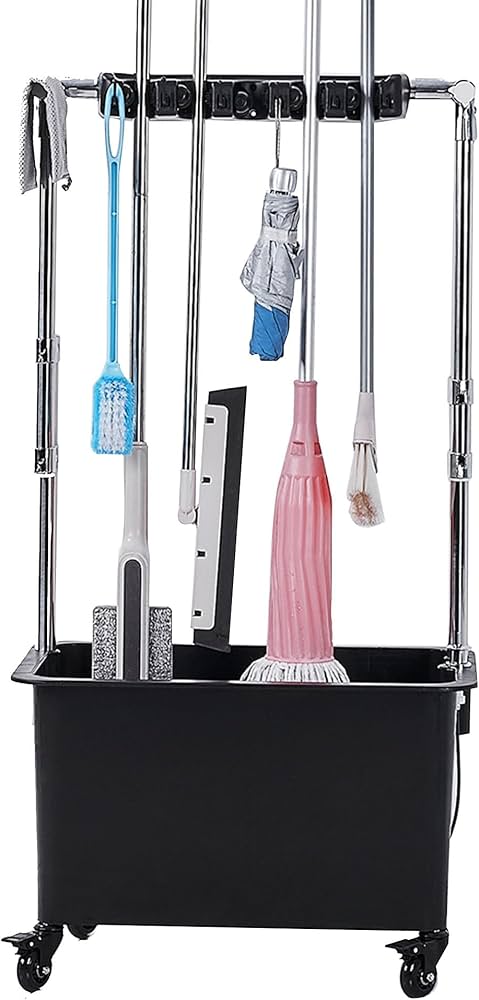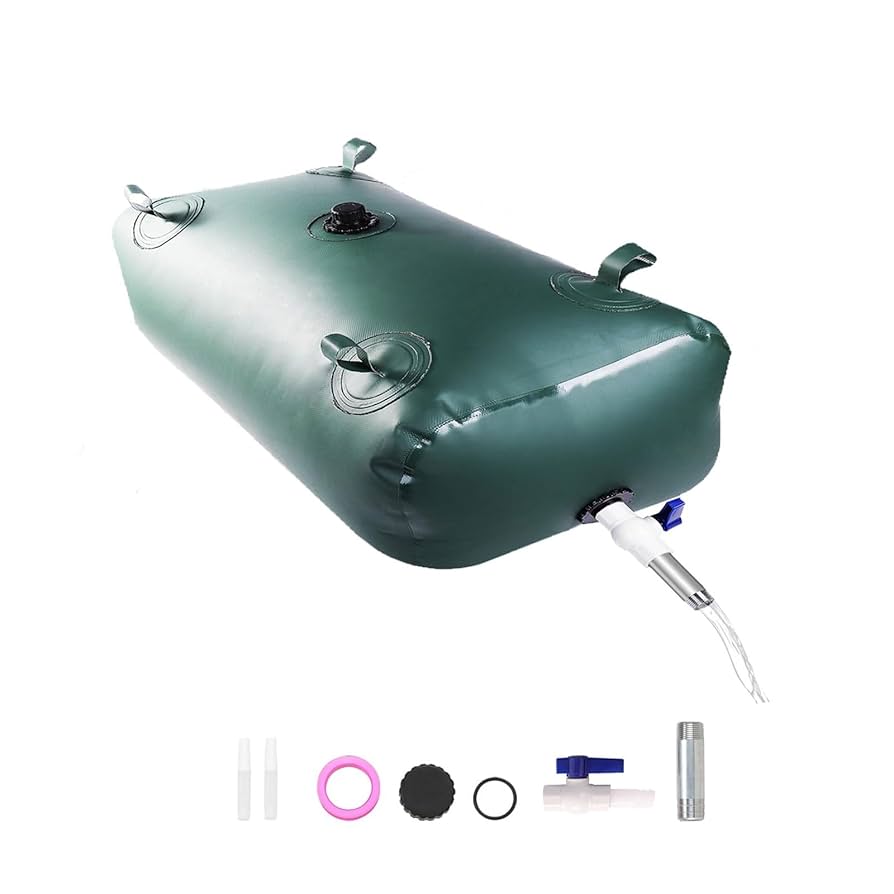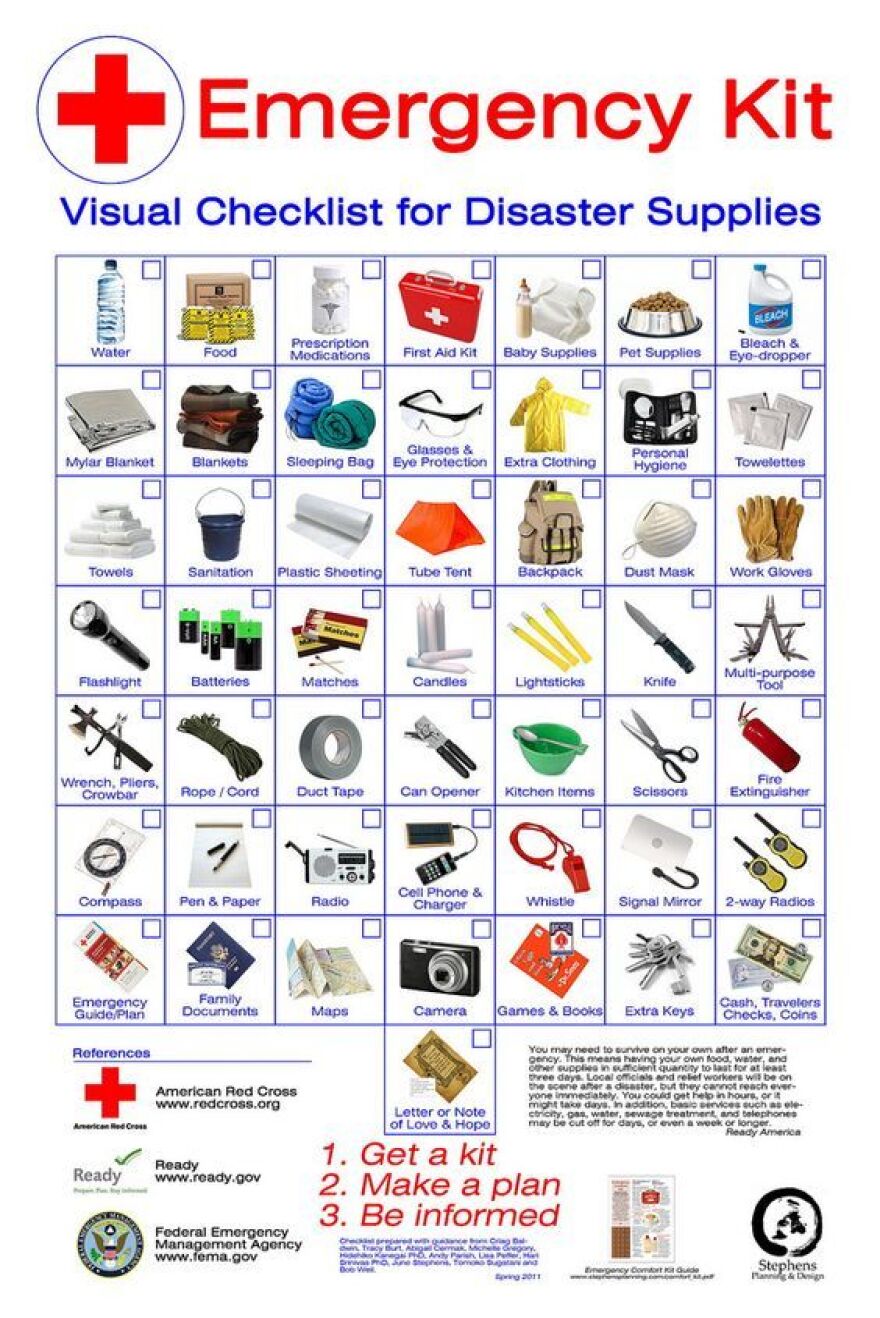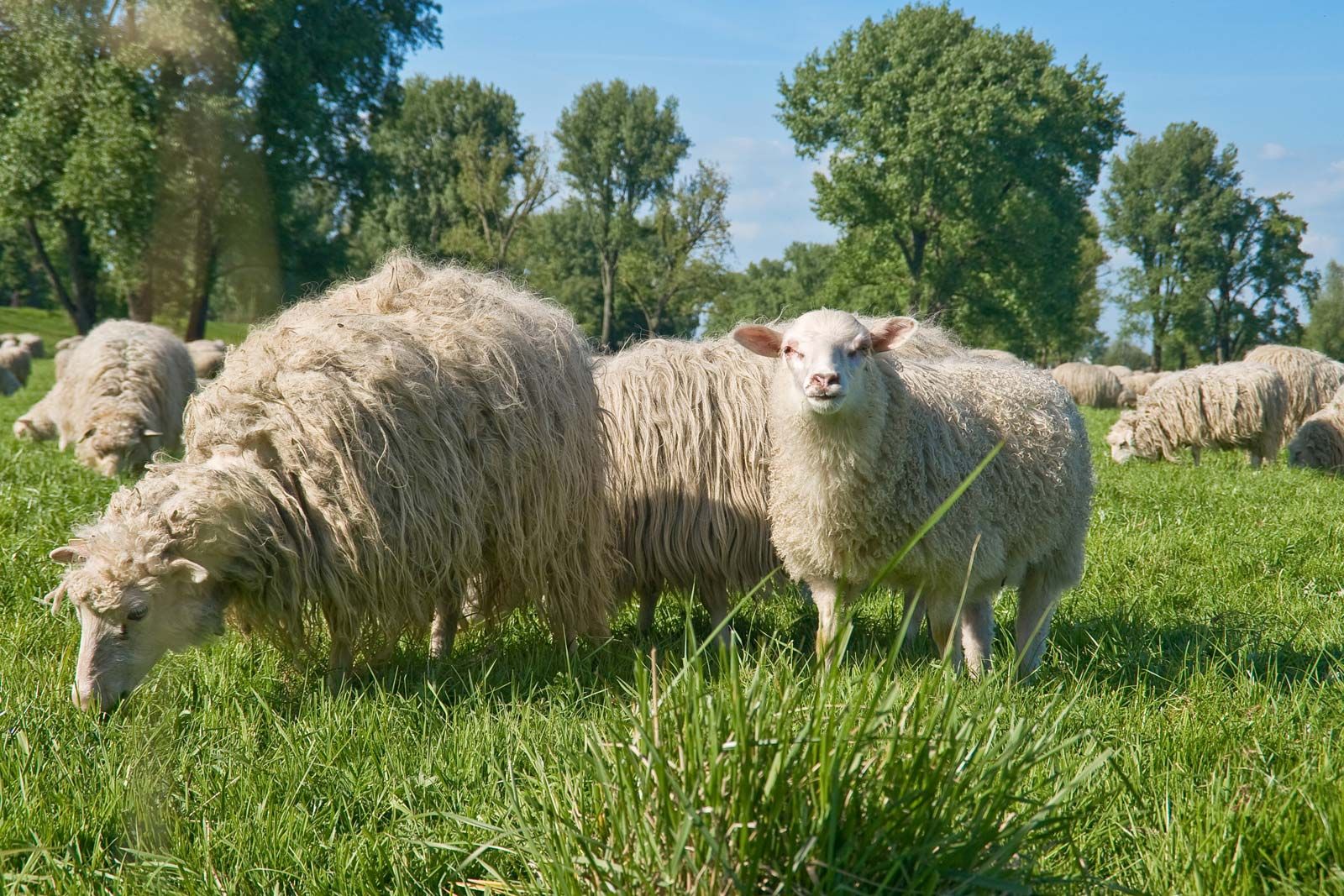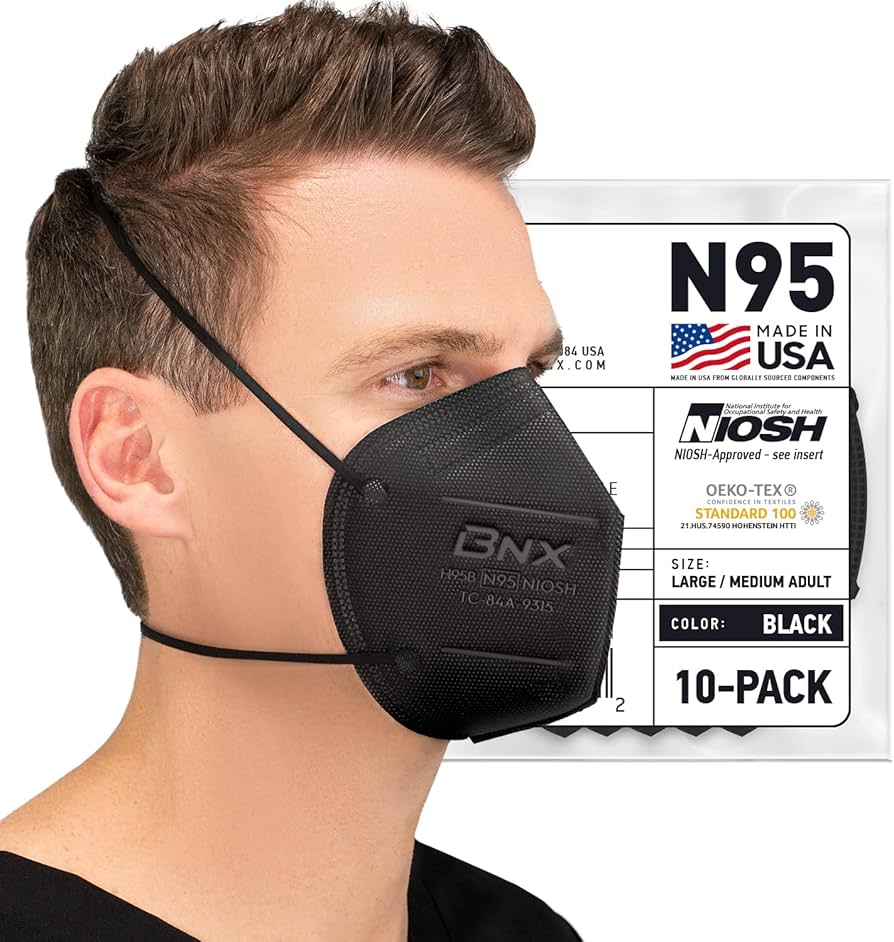
Pet Respiratory Protection & Safety
Use appropriate masks for pets when necessary, limit outdoor exposure, and monitor for respiratory distress. Special pet-sized masks available. Recognize signs of breathing difficulty. Keep medications accessible. Emergency vet contact information ready. Indoor air quality monitoring for pets.

